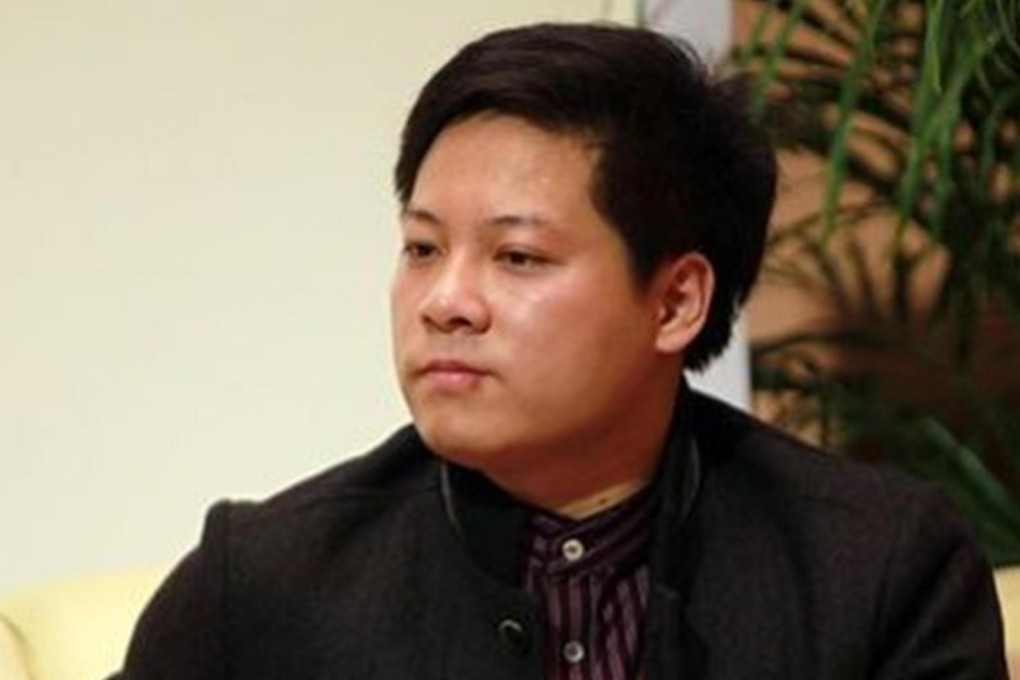How Chinese reporters have turned to weibo to expose corruption
Spurred by recent successes, journalists have been increasingly using their real names on social media sites to expose official corruption

On a cloudy morning in early December, a deputy editor of magazine came up with a novel approach to expose official corruption, and his method has since gained popularity among journalists.
"Since so many people are using their microblogs to disclose corruption, why don't I try it using my real name?" Luo Changping , 32, recalled thinking, in his new book.
In December, Liu received damaging information about a then deputy minister for the National Development and Reform Commission, Liu Tienan. The information, which came from a former mistress to the official, showed that he had faked his master's degree, had affairs and took bribes.
One year earlier, , a respected business magazine, had published an article about a corruption case, without naming directly. The report, however, did not receive much attention from anti-corruption officials.
This time, Luo decided to take measures into his own hands using his microblog account, hoping to get the attention of the Commission for Discipline Inspection (CCDI), the Communist Party's anti-graft watchdog.
"The biggest risk for me was being fired," Luo said. "But Liu could lose his top job and even go to jail."
